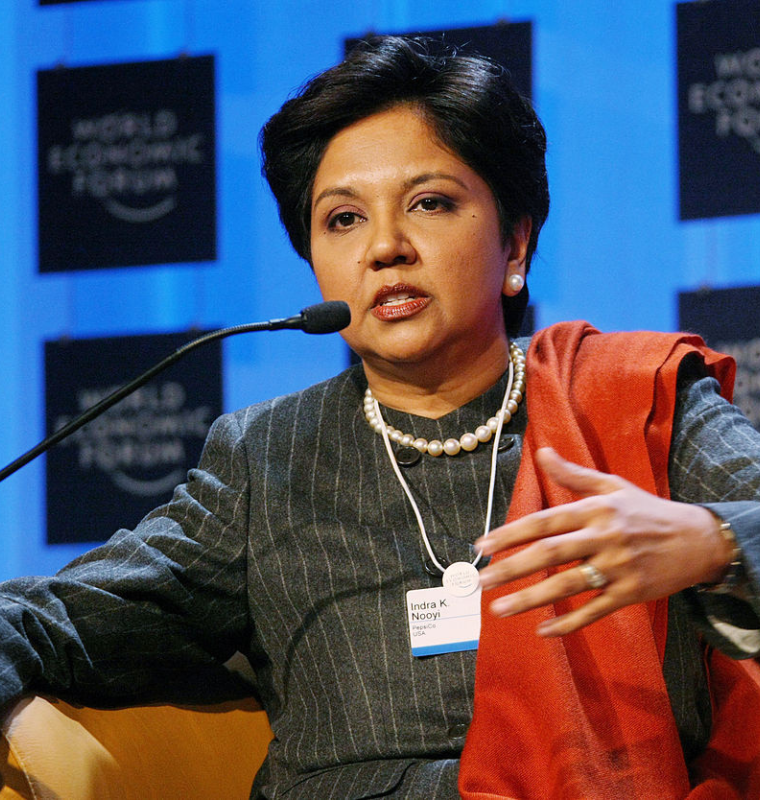The UK’s Secret Formula: How Britain Became Trump’s Favorite Trade Ally
The UK’s Secret Formula: How Britain Became Trump’s Favorite Trade Ally
By
Calder Monroe
Last updated:
June 17, 2025
First Published:
August 3, 2025

[Chen Mengtong/China News Service/VCG via Getty Images]
How Britain Achieved What Many Nations Couldn’t: Winning Over President Trump
Winning the approval of U.S. President Donald Trump has proven elusive for many world leaders. Known for his unpredictable style, fiercely nationalistic "America First" agenda, and mercurial temperament, Trump has often left allies scrambling to stay in his good graces. But one nation seems to have cracked the code: the United Kingdom.
Not only was Britain the first country to finalize a trade deal with the Trump administration, securing key tariff reductions on crucial exports like automobiles and steel, but it has also cultivated an unusually warm personal rapport between Trump and British Prime Minister Keir Starmer. This successful balancing act offers a case study in how diplomacy, personal chemistry, and economic strategy can converge in today’s complex geopolitical landscape.
Personal Connection: Trump and Starmer’s Unlikely Bond
Perhaps the most surprising element in Britain’s winning formula is the unlikely friendship between President Trump and Prime Minister Keir Starmer. Starmer, the center-left leader of the Labour Party, spent much of his early career as a human rights lawyer and chief prosecutor — hardly a typical ideological match for the billionaire-turned-populist U.S. president.
Yet, Trump has consistently praised Starmer since early in his second term, calling him "a very good person" and "a very good leader." At the recent G7 summit, Trump affectionately referred to Starmer as a "friend," even as he joked about their political differences. Their camaraderie was evident when Starmer graciously picked up the trade agreement Trump accidentally dropped during its public unveiling — a small gesture that reflected the broader tone of mutual respect.
Trump himself summarized the unusual warmth, stating bluntly at the summit: “The U.K. is very well protected. You know why? Because I like them. That’s their ultimate protection.”
For world leaders accustomed to navigating Trump's shifting moods, Britain’s achievement stands out.
Cultural Affinity: The Enduring "Special Relationship"
Beyond personal rapport, the UK enjoys deep-rooted cultural ties with the United States — often described as the "special relationship." Trump’s own fondness for British culture and history adds a significant personal dimension to this bond.
Trump's late mother, Mary Anne MacLeod Trump, was born in Scotland, fueling his lifelong Anglophilia. His state visit to Britain in 2019, hosted by the late Queen Elizabeth II, was widely seen as one of the highlights of his presidency. Photographs of Trump beaming alongside the Queen and enjoying British pageantry still circulate as emblematic of his admiration for the UK.
Earlier this year, Starmer presented Trump with a handwritten invitation from King Charles III for a future state visit, further cementing the royal connection. As Vice President JD Vance noted: “The president really loves the United Kingdom. He loved the Queen. He admires and loves the King. It is a very important relationship.”
The historical, linguistic, and cultural overlap between the two nations continues to provide a unique platform for diplomacy that few other U.S. allies can replicate.
Economic Strategy: Navigating Trade Policy with Precision
While the emotional and cultural elements of the relationship are significant, Britain’s calculated economic diplomacy has been just as crucial.
When President Trump imposed a 10% baseline tariff on UK steel and aluminum imports earlier this year, Britain chose not to retaliate aggressively — a move that may have spared it from a prolonged trade conflict. Instead, Starmer's government opted for measured negotiations, signaling to Washington that London was more interested in resolving disputes than escalating them.
This pragmatic approach paid off. In May, the UK finalized a bilateral trade deal that delivered immediate benefits. British automakers secured a 15% reduction in U.S. auto tariffs, while steel exports were granted expanded quotas at reduced rates, protecting an industry that supports nearly 33,000 jobs in the UK.
Moreover, one major reason the UK found itself in Trump’s favor was its unique trade balance with the U.S. Unlike Germany, China, or even Japan — frequent targets of Trump’s criticism for running massive goods surpluses with the U.S. — Britain maintains a relatively balanced goods trade relationship with America. In 2024, bilateral goods trade stood at roughly $144 billion, with only a modest U.S. trade deficit of $3.5 billion. While Britain does hold a larger surplus in services, estimated at $17 billion annually, this sector has historically been less inflammatory for Trump’s trade team.
By staying off Trump’s list of "currency manipulators" and avoiding confrontational rhetoric, the UK has maintained steady access to America’s vast consumer market — worth nearly $26 trillion annually — without provoking punitive action.
A Broader Geopolitical Context: Alignment Without Confrontation
Beyond trade, the UK has carefully managed broader geopolitical disagreements with the Trump administration. While subtle policy differences exist — particularly around levels of support for Ukraine and Israel — Britain has largely aligned itself with core U.S. foreign policy goals without generating serious friction.
For example, while many European countries openly criticized aspects of Trump's Ukraine policy, Britain has focused instead on emphasizing its shared defense commitments through NATO — an alliance Trump has repeatedly demanded European members strengthen financially. Britain’s increased defense spending, projected to reach 2.5% of GDP by 2026, has allowed it to remain one of the few NATO members meeting Trump’s much-publicized 2% defense spending threshold.
This ability to align on key issues while avoiding open confrontation has helped preserve goodwill in Washington, giving Britain valuable diplomatic room to maneuver.
Business Ties: The Private Sector Advantage
Britain’s longstanding role as a major investment hub for U.S. companies also reinforces the relationship. American firms have invested over $750 billion into the UK economy, while British companies remain the largest foreign investors in the U.S., with investments totaling more than $600 billion.
Several Trump-affiliated business interests have also historically maintained operations in the UK, further intertwining private sector interests with government-level diplomacy.
This deeply integrated economic interdependence adds another layer of insulation to the special relationship, particularly under a president who evaluates alliances partly through the lens of business opportunities.
The UK’s Winning Formula
In a world where many leaders struggle to find favor with President Trump, the UK has assembled a unique and effective combination of personal diplomacy, cultural connection, pragmatic trade policy, and business interdependence. Whether this formula can withstand future political shifts remains to be seen, but for now, Britain stands as one of Trump’s most trusted global partners — a rare diplomatic achievement in an era of shifting alliances.
Popular articles
Subscribe to unlock premium content
Indra Nooyi’s Strategic Vision at PepsiCo: Balancing Profitability with Purpose

Nike’s Direct-to-Consumer Revolution: How Cutting Retailers Boosted Profits and Control

Spotifys Playlist Power Turning Music Curation Into An Advertising Goldmine

Indra Nooyi’s Strategic Vision at PepsiCo: Balancing Profitability with Purpose

Nike’s Direct-to-Consumer Revolution: How Cutting Retailers Boosted Profits and Control

Indra Nooyi’s Strategic Vision at PepsiCo: Balancing Profitability with Purpose









